Kurdistan Region, UAE Deepen Partnership to Advance Citizen-Centric Digital Future
The KRG and UAE deepen their strategic partnership in a major summit, vowing to collaborate on digitalization and create a citizen-centric digital future.
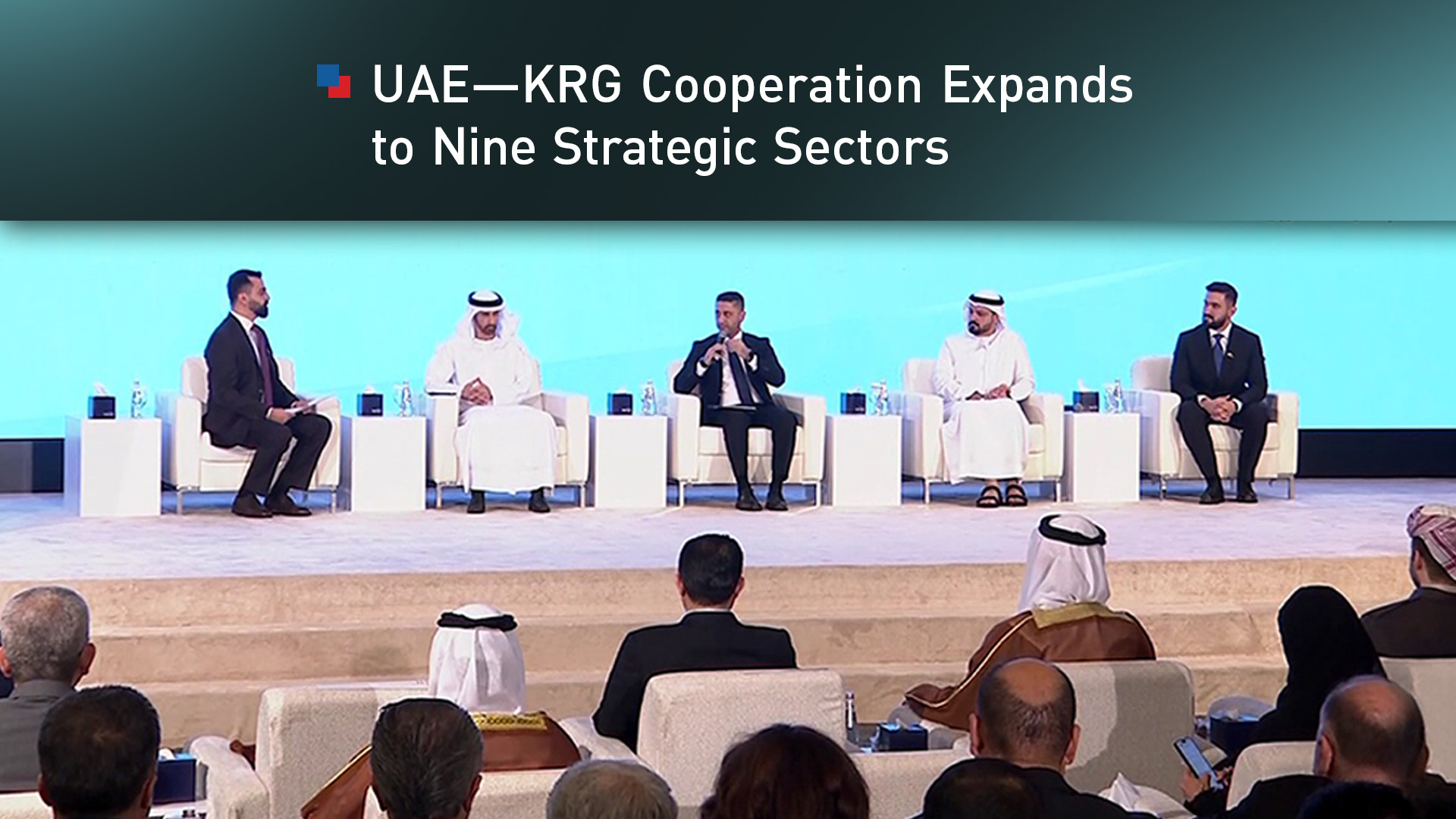
ERBIL (Kurdistan24) – In affirmation of a deepening strategic alliance, a high-level delegation from the United Arab Emirates convened in Erbil this week for a major summit on governance, joining senior officials from the Kurdistan Regional Government (KRG) to chart a shared path toward a digitally transformed, innovative, and fundamentally citizen-centric future.
The summit, titled "Reimagining Government Services: Digitalization, Innovation, and Citizen-centric Models," served as a landmark event, celebrating a partnership that both sides described not merely as a formal agreement, but as a journey of friendship rooted in shared values and a unified purpose to deliver a better life for their peoples.
With both the KRG and the UAE vowing to expand their cooperation across nine critical sectors, the event has set the stage for a new and ambitious chapter of knowledge exchange that promises to shape the KRG's next government agenda and accelerate its journey toward becoming a model of modern, efficient, and responsive governance in the region.
The summit, held on Tuesday, was the culmination of a period of intensified collaboration, building on a renewed memorandum of understanding between the two governments.
The UAE delegation, headed by Abdulla Nasser Lootah, the Deputy Minister of Cabinet Affairs for Competitiveness and Experience Exchange, was welcomed to Erbil by Governor Omed Khoshnaw in a visit framed by both sides as a crucial step in developing their political and trade relations.
A Partnership Forged in Hope and Shared Vision
The tone for the summit was set in a compelling opening speech by Dr. Umed Sabah Othman, President of the Diwan of the KRG's Council of Ministers.
Speaking on behalf of Prime Minister Masrour Barzani, Dr. Othman welcomed the Emirati delegation with profound warmth, framing the joint work between the two governments as a story that "began with the audacity of hope for a better tomorrow." He described this as the "sound approach for us to soar in the sky of developments and provide the best services to our people."
Dr. Othman traced the renewed momentum of the partnership to a recent visit by a KRG delegation to the UAE, a visit that he said "expanded the horizons of cooperation and also created other opportunities for joint cooperation."
He extended the KRG's sincere and deep thanks to the UAE's leadership, His Highness Sheikh Mohammed bin Zayed and His Highness Sheikh Mohammed bin Rashid, for their "continuous support," stating, "They have not been sparing with us in anything; all doors were open to us."
This support, he detailed, has already translated into tangible, strategic projects that are reshaping the very architecture of the KRG.
Since the end of last year, the two governments have worked "hand in hand" to establish four key initiatives: a Government Services Unit, a Government Performance Unit, a Foresight and Prediction Unit, and a comprehensive legal platform for all laws and regulations.
"In truth, without the continuous support from the government of the United Arab Emirates, these distinguished projects would not have seen the light of day in our government," Dr. Othman declared. "We have learned from you and been inspired by you in the experience of leadership and the experience of outstanding performance in serving our citizens."
He also highlighted that the partnership has opened doors for Kurdish administrative leaders to participate in Emirati capacity-building initiatives, which have "contributed to strengthening administrative leadership within the Kurdistan Regional Government."
Looking forward, Dr. Othman described the summit as a "new chapter" in their shared journey, one that would open the doors to collaboration across nine important new areas.
He emphasized that the discussions on these axes would be "serious and deep," with the aim of shaping the agenda of the KRG's next government, creating a clear roadmap for joint work in the coming year, and enhancing the KRG's capabilities to serve its citizens.
The ultimate purpose, he repeated, is to "strengthen the institutional ties between the Kurdistan Regional Government and the government of the United Arab Emirates."
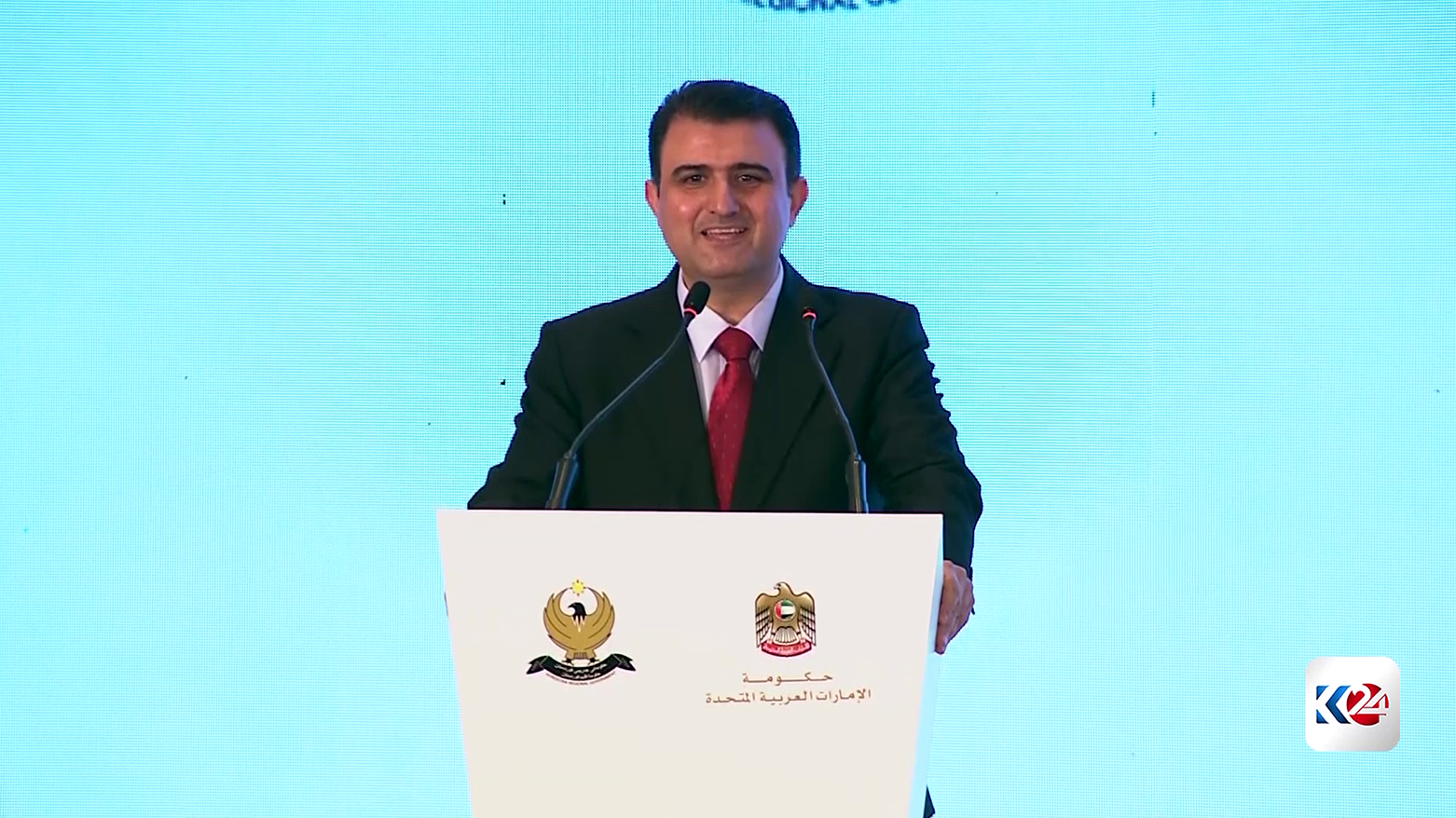
'An Exchange of Hope': The Emirati Perspective
In a deeply personal and heartfelt response, Abdulla Nasser Lootah, UAE’s Deputy Minister of Cabinet Affairs for Competitiveness and Experience Exchange and the head of the UAE delegation, praised Dr. Othman's opening remarks, stating, "You have embarrassed and shamed us with your words that touched the hearts of every Emirati present in this hall today."
He framed the relationship as something "much greater than an agreement or a memorandum of understanding," describing it as "a firm belief that the exchange of knowledge is an exchange of hope. And that sharing expertise is a participation in building a brighter future for our peoples."
Lootah described the bond between the UAE and the Kurdistan Region as "a story of two peoples brought together by shared values," including respect, generosity, and a belief in progress. Under its wise leadership, he said, the UAE has believed that "progress flourishes when shared with those we appreciate, respect, and are happy for their successes and prosperity... and you are among those whose successes and prosperity we rejoice and take pride in."
He expressed the UAE's admiration for the "sincere commitment" of Prime Minister Masrour Barzani and his team to "innovation, human empowerment, ambition, and achieving all that is exceptional."
Through its Government Knowledge Exchange Program, launched in 2018, the UAE has created a platform where "governments work side by side to reimagine the future of government services, enhance the efficiency of institutions, zero out bureaucracy, accelerate the achievement of major transformational projects, and build government capabilities and talents."
Pledging to continue deepening this cooperation, Lootah listed a sweeping range of sectors for future collaboration, including digitization, environmental protection, healthcare innovation, economic diversification, renewable energy, and upgrading the education system, with a special emphasis on developing the "readiness of the Kurdish human element to face the challenges of the future."
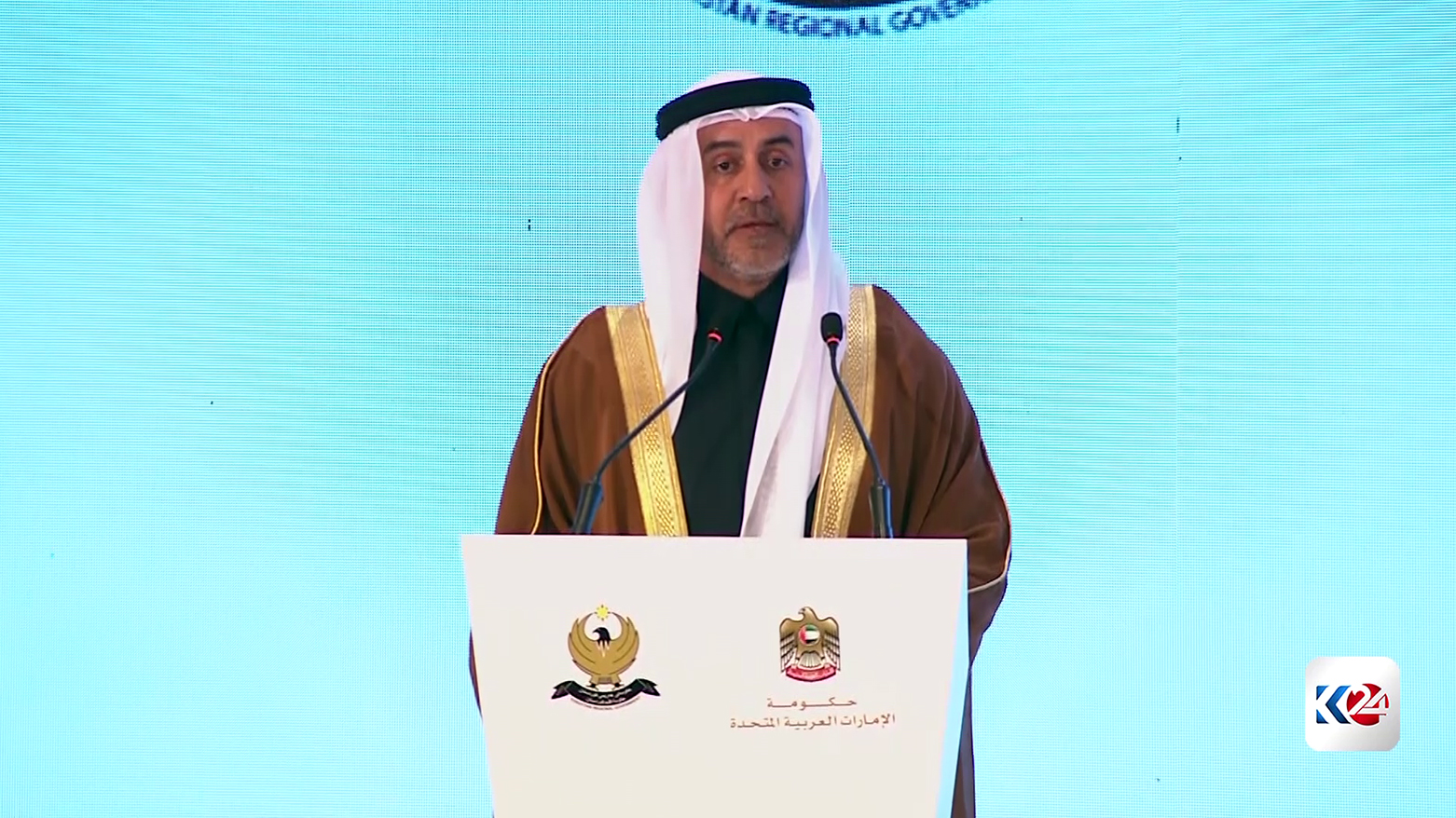
Building an 'Invisible Government': The Philosophy of Digital Transformation
The subsequent panel discussion delved into the practical and philosophical underpinnings of this shared vision for digital governance.
Eng. Majed Sultan Al Mesmar, Director General of the UAE's Telecommunications and Digital Government Regulatory Authority, articulated a core principle of his government's approach:
"The future is not something you wait for, but you build it."
He explained that the government's focus is on giving people back their most valuable asset: time. This is being achieved through three key pillars.
First, creating a "predictive rather than reactive" government. "You shouldn't be applying for a birth certificate for your child, whereas the government should provide it to you once it is born," he illustrated.
Second is the UAE Pass, a secure national digital identity that eliminates endless paperwork and the need to memorize multiple passwords.
The third pillar is an "obsession with the customer or the citizen journey," making every interaction "frictionless." By leveraging the vast amounts of data the government already holds, the goal is to become an "invisible government, or let's say, a silent partner that we make your life so easy without you noticing our presence."
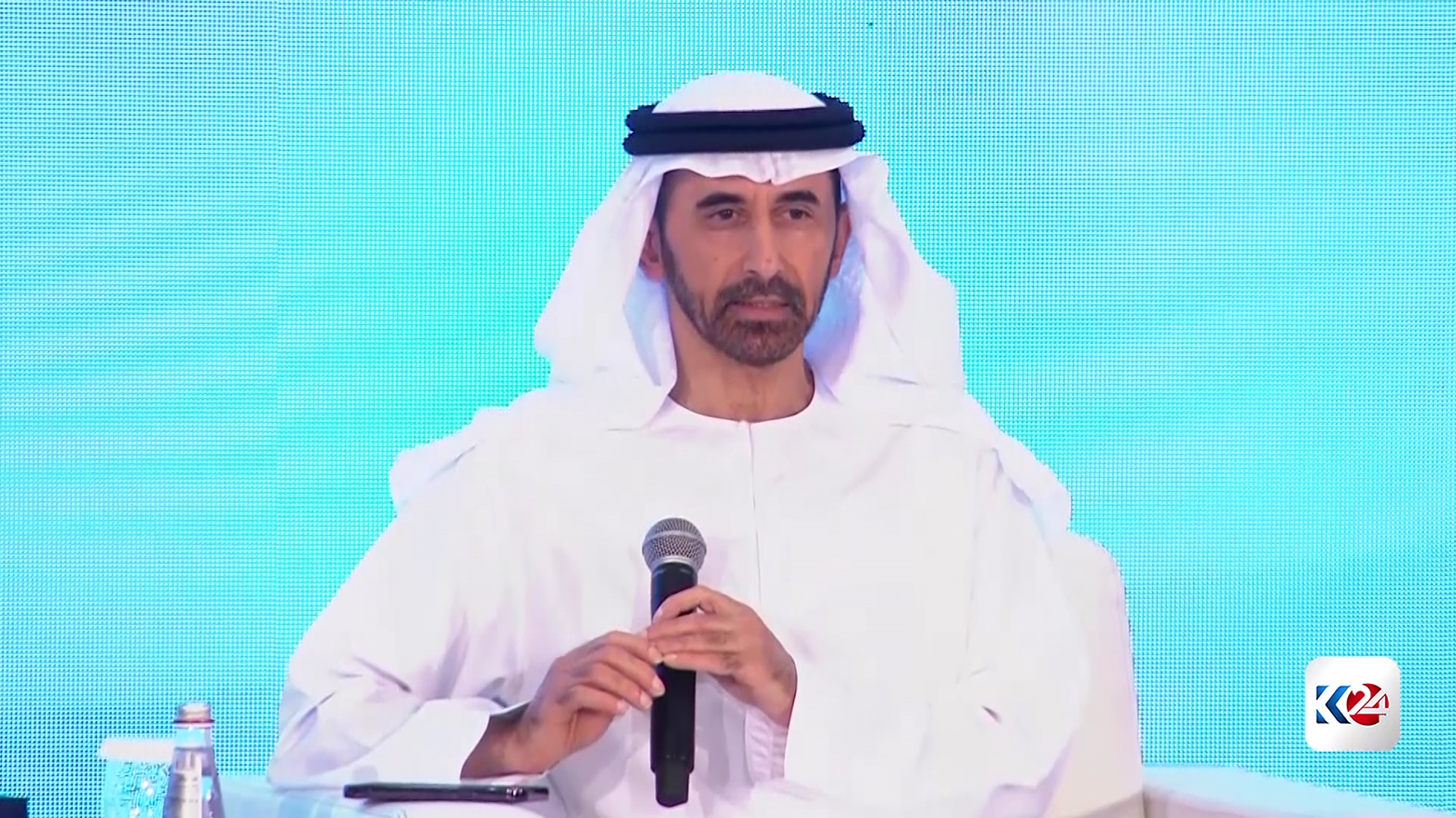
Hewa Afandy, the KRG's Head of the Department of Information Technology, built on this theme, explaining how Artificial Intelligence (AI) is the key to achieving this level of anticipatory governance.
He noted that to deliver truly good services, one must first make sense of data. He cited the UAE's practice of holding over a thousand "customer councils" to get direct feedback, but argued that AI will revolutionize this process.
While traditional statistics rely on data sampling, Afandy explained that AI brings the power of "predictive analytics." "You don't need to sample the data. You just feed terabytes, petabytes of the data to AI engines," he said. "AI finds patterns in the data and then gives you the prescriptive actions. It means it tells you what to do."
This allows the government to anticipate citizen needs "before even the citizen asking for it," which he defined as the essence of a digital-first, citizen-centric approach.
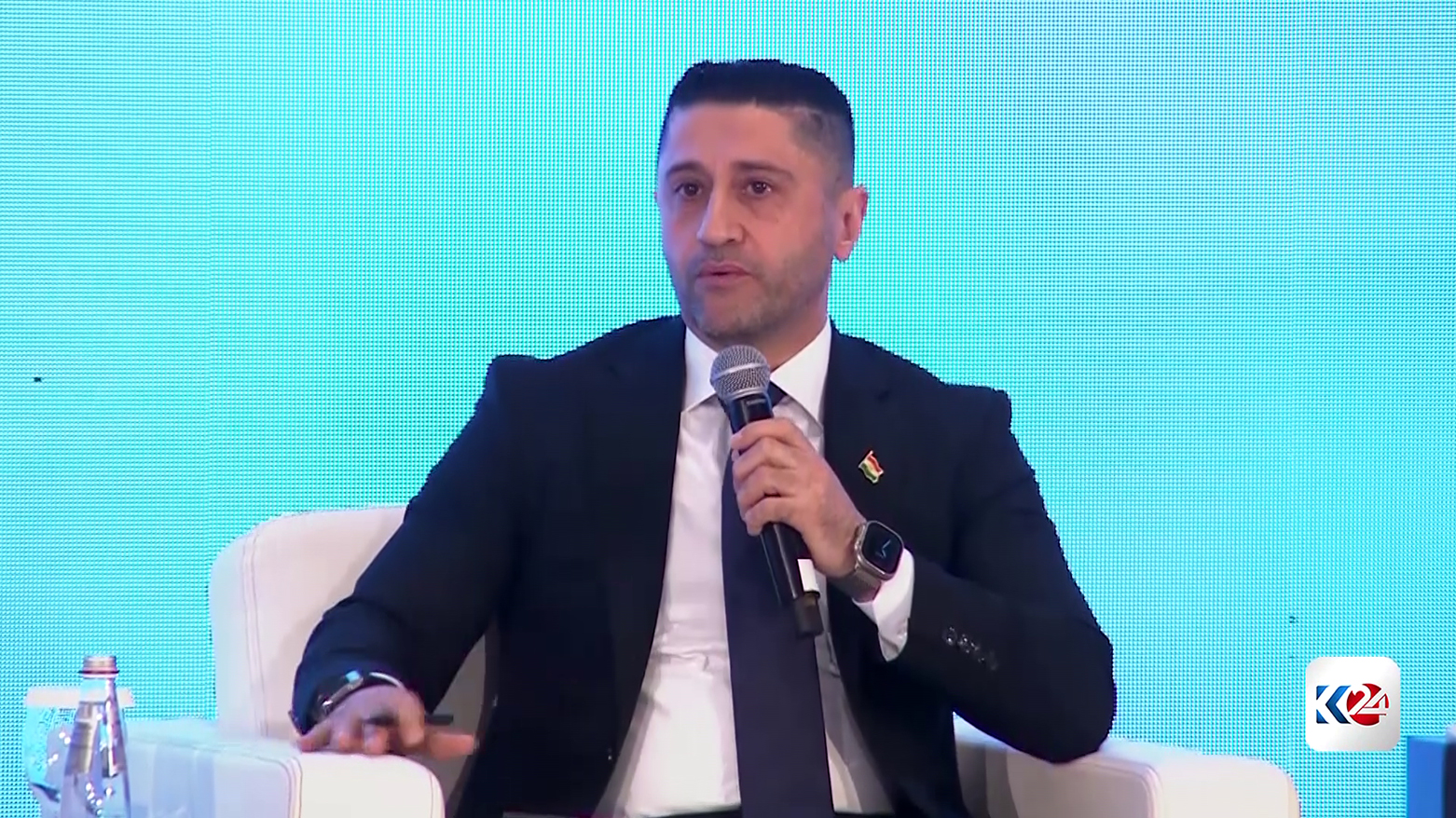
Mohammed Bintalia, the UAE's Chief of Government Services, grounded the entire discussion in a single, ultimate role that all public servants share:
"to work on making people's life better every day."
This, he said, is the core of their thinking in every step they take. He described the UAE's framework for achieving this, which relies on a "direct dialogue with our customers" through platforms like the Customer Councils.
"We ask them, 'What do you want to see better in the UAE?' And from there we start building and designing with our customers how to improve our services," he explained.
This feedback loop is continuous, with hundreds of thousands of pieces of feedback received daily through a "customer pulse" system, all of which is "translated into action to improve our services."
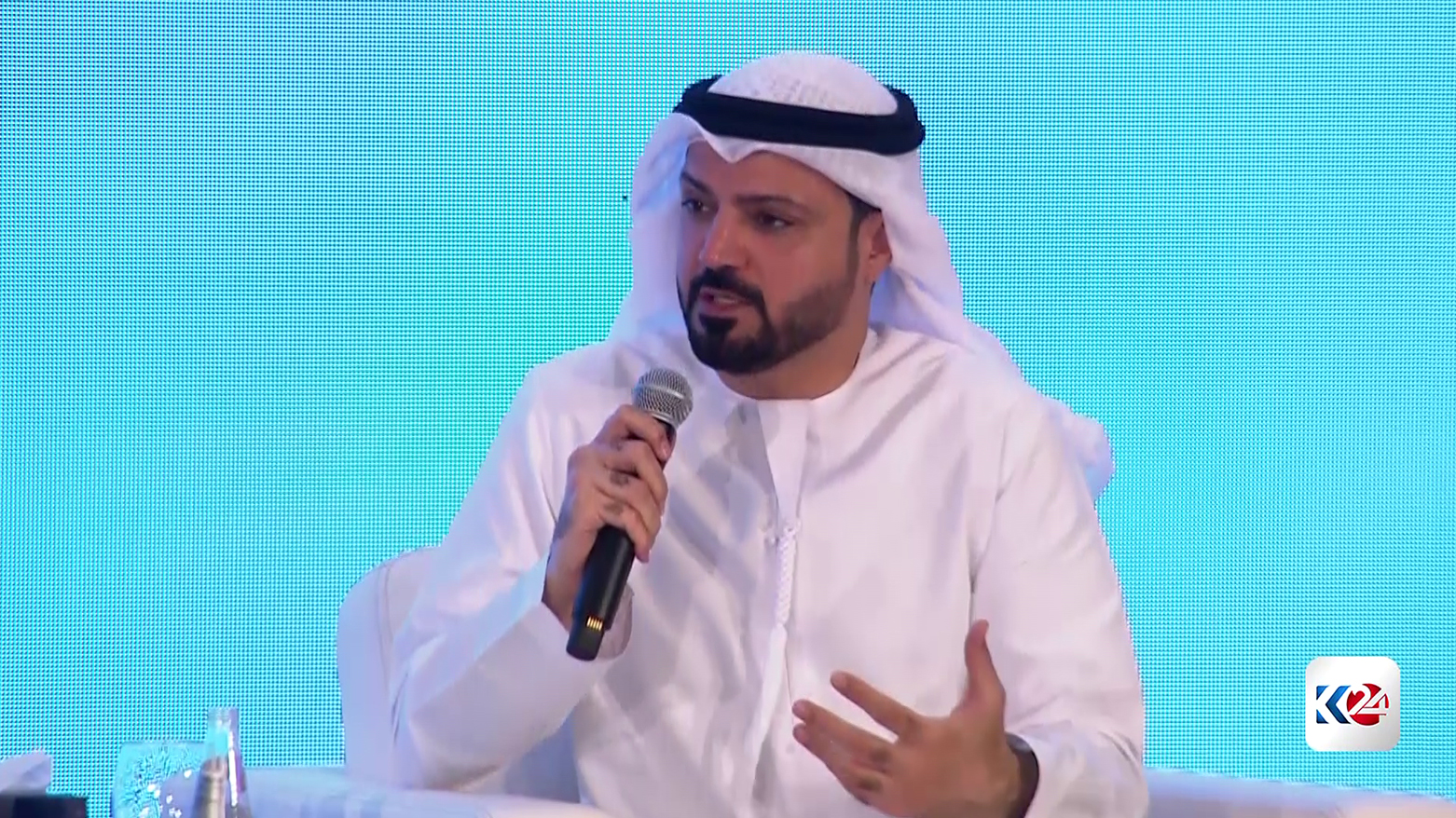
The KRG's Digital Infrastructure: From Data Centers to Digital Identity
Shkar Taib, the KRG's Head of DevOps, provided a detailed look at the foundational infrastructure the KRG has been building to make this digital vision a reality. He described a government-led digital transformation strategy that moves beyond siloed systems.
"Building the data center was our first initiative to bringing digital services and sovereignty to our data and to our citizens," he said.
The KRG has built a tier-three data center to serve all government services and is connecting all ministries to it via a dedicated fiber optic "government extranet," ensuring that services are not affected by public internet cuts or reliant on foreign cloud providers.
This robust infrastructure is the backbone for the core services of the digital transformation, including a unified digital identity.
Taib explained the crucial importance of the KRG's Population Information System and the KRD Pass, which provides a unique digital identity for every citizen.
"We need to make sure that they're all identifiable by a single identity, which is our digital identity and the KRD pass makes that happen," he said.
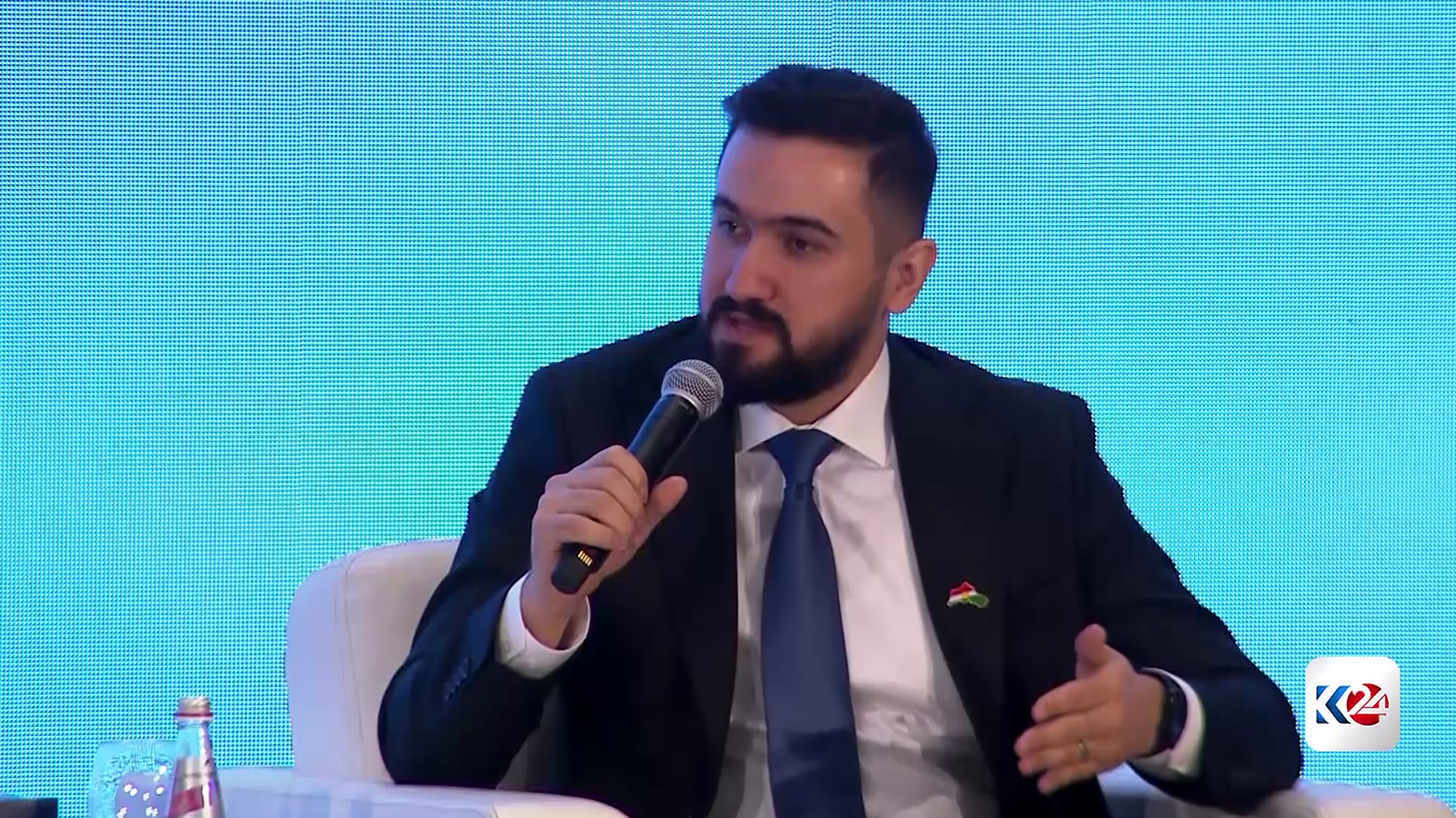
This single identity is the key that will unlock seamless and integrated services across all sectors, from health and tax to education and even the private sector.
As the summit concluded, the message was clear and resonant.
The partnership between the Kurdistan Region and the UAE is more than a technical exchange; it is a shared journey fueled by a profound belief in the power of good governance to transform lives.
It is a partnership built on an "audacity of hope" for a future where government is not a bureaucracy to be navigated, but a silent, efficient, and predictive partner in the prosperity and well-being of its citizens.